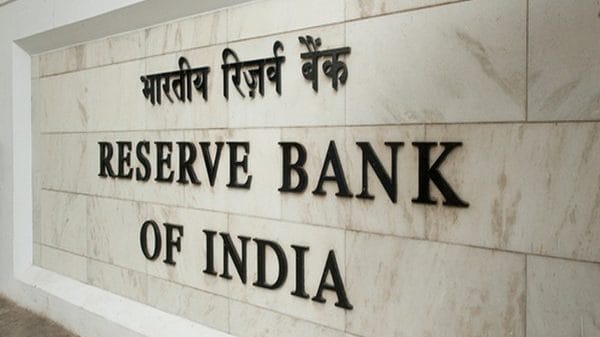Thank you dear subscribers, we are overwhelmed with your response.
Your Turn is a unique section from ThePrint featuring points of view from its subscribers. If you are a subscriber, have a point of view, please send it to us. If not, do subscribe here: https://theprint.in/subscribe/
The Government of India has introduced committee approach in 2012 for sanctioning loans by the administrative offices in lieu of the existing individual sanctioning powers to the executives in administrative offices. This is introduced for taking decisions based on collective wisdom and also to overcome the fear of staff accountability for individual sanctioning authority, wherever the account goes bad.
But the ground reality is entirely different. The Credit Approval Committee as it is known, is normally headed by the head of the Region/Zone/ ED/MD & CEO. It consists of executives/officers from various departments apart from Credit, like Planning, Recovery, Personnel, Premises, and General Administration etc.
Most of the times it is the Head of the Credit Committee who decides the sanction of the loan and the agenda is circulated among the members of the Credit Committee. The members meet and only few members from the credit department discuss the proposal and rest of the team members from other departments merely affix their signatures approving the credit proposal.
Executives/Officers working in other departments have absolutely no idea of credit and have not seen high value proposals during their entire career. But they are forced to sign the notes and minutes of the meeting fully aware of the consequences they have to face, if the sanction goes bad.
W.C. is Working Capital to a credit officer. But, for a Non-credit officer it gives a totally different connotation! Similarly, for an officer dealing in restructured accounts, haircut means sacrifice in the amount recoverable from the borrower. Whereas it carries a totally different meaning for a Non-Credit officer. Likewise, terms like Current Ratio, DSCR, Solvency Ratio, Sunset Clause, Waterfall mechanism etc., are Greek and Latin for Non-credit officers. Proposals are discussed and decisions are arrived at with this background and sanctions are communicated to the borrowers. Ironically this is called collective wisdom!
I was told in one extreme case in a PSB, the Security officer and Hindi officer working in regional offices were made members of the Credit Committee and sign the notes. A Security Officer is primarily appointed to oversee the security aspects of the Bank and similarly, a Hindi Officer is appointed to oversee the implementation of Official Language (Hindi) in the Bank. What do they know about credit proposals in a bank? When the account went bad charge sheets were promptly issued to all the members of the Credit Committee calling for explanations for the failure of the account and accountability was fixed. Shocking isn’t it? But it is the ground reality.
The collective wisdom concept is a myth as the other department officials hardly contribute anything for the proposal. The dilution in staff accountability in case of committee approach is also a fiction as all the members are made accountable when the account goes bad.
There are many such instances of innocent officers/executives being made members of the credit committee and compelled to sign the notes fully aware of the consequences of their signatures. Many are charge sheeted and unable to get their retirement benefits even, for no fault of theirs. They bear the brunt of the defective and compelling system or fall prey to the designs of corrupt officials. This is actually a collective failure of the system!
The earlier system of granting sanctioning powers to the individual executives was time tested and was in existence since time immemorial. By the introduction of the Committee Approach since 2012 the desired positive results were not felt. But as a serious fall out, careers of various innocent Non-Credit officers are getting destroyed progressively, as they are the sitting lame ducks in the whole system.
The workload of the investigative officers has also increased manifolds as they have to book more people for the failure of every account. This is a classic case of solution being worse than the problem itself!
It is time the authorities concerned woke up and repealed this faulty committee approach and continue with the earlier system of sanctioning powers to the individual executives in the administrative offices.
This would save a lot officers from being made the sacrificial animals at the altar of credit sanctions.
These pieces are being published as they have been received – they have not been edited/fact-checked by ThePrint.


